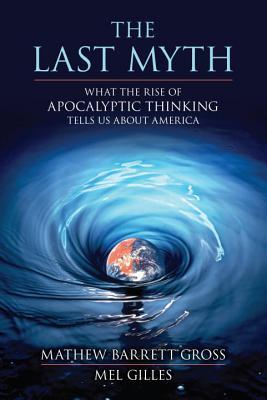What do you think?
Rate this book


254 pages, Paperback
First published March 6, 2011
"...humanity's gaze was fixed on the creative center, rather than the end. Any ending would only result in rebirth and the recurrence of the creative cycle - so why be obsessed with it.